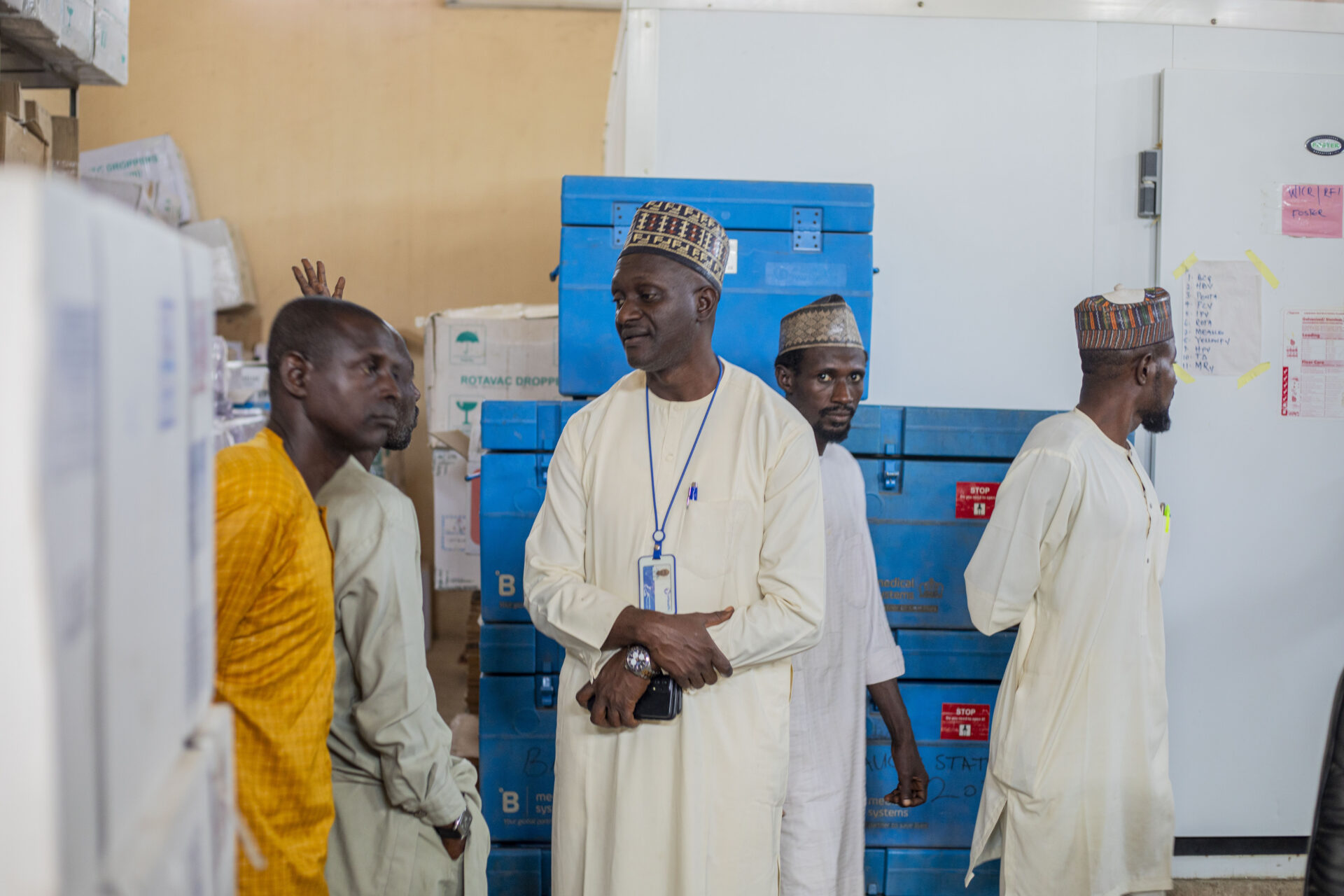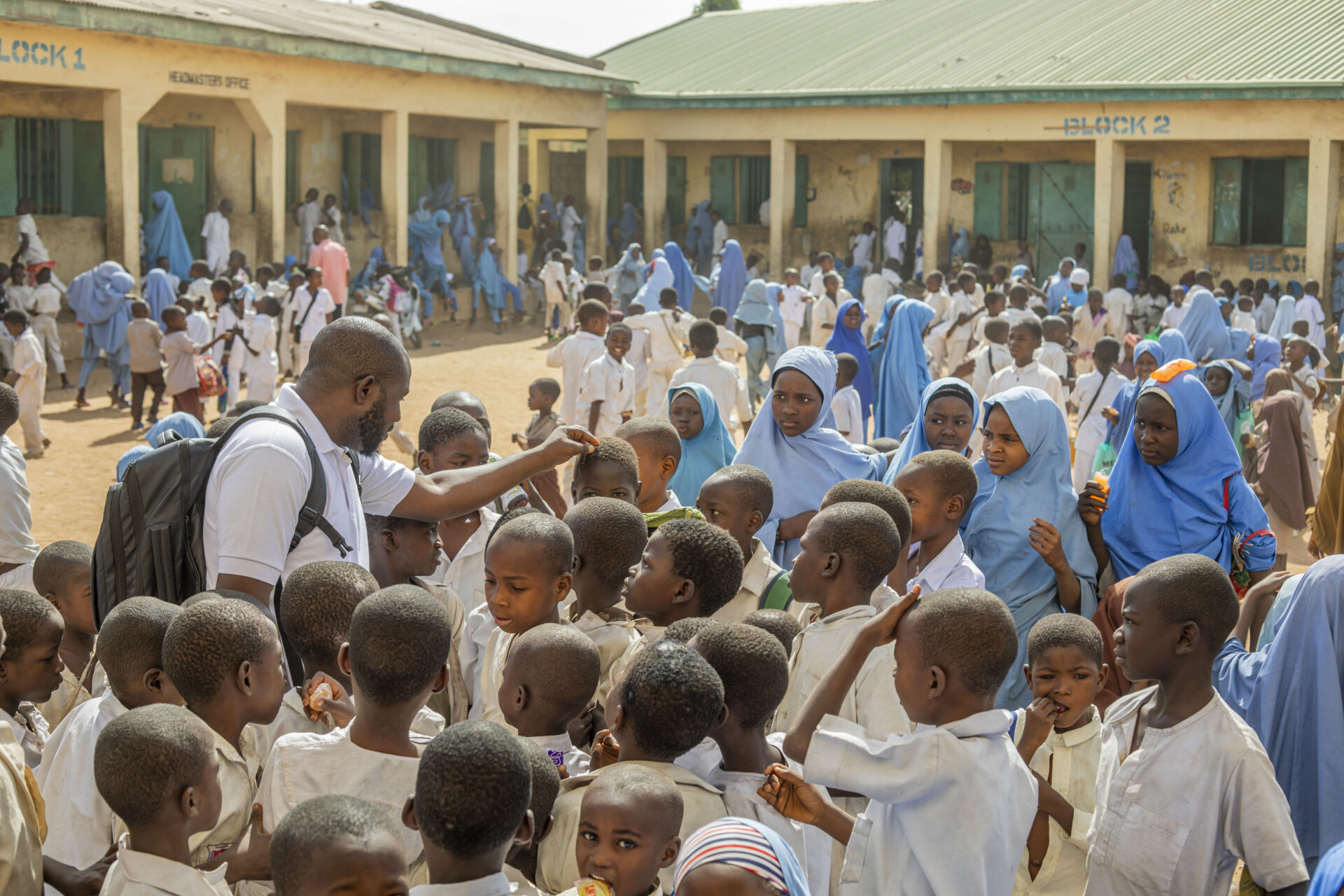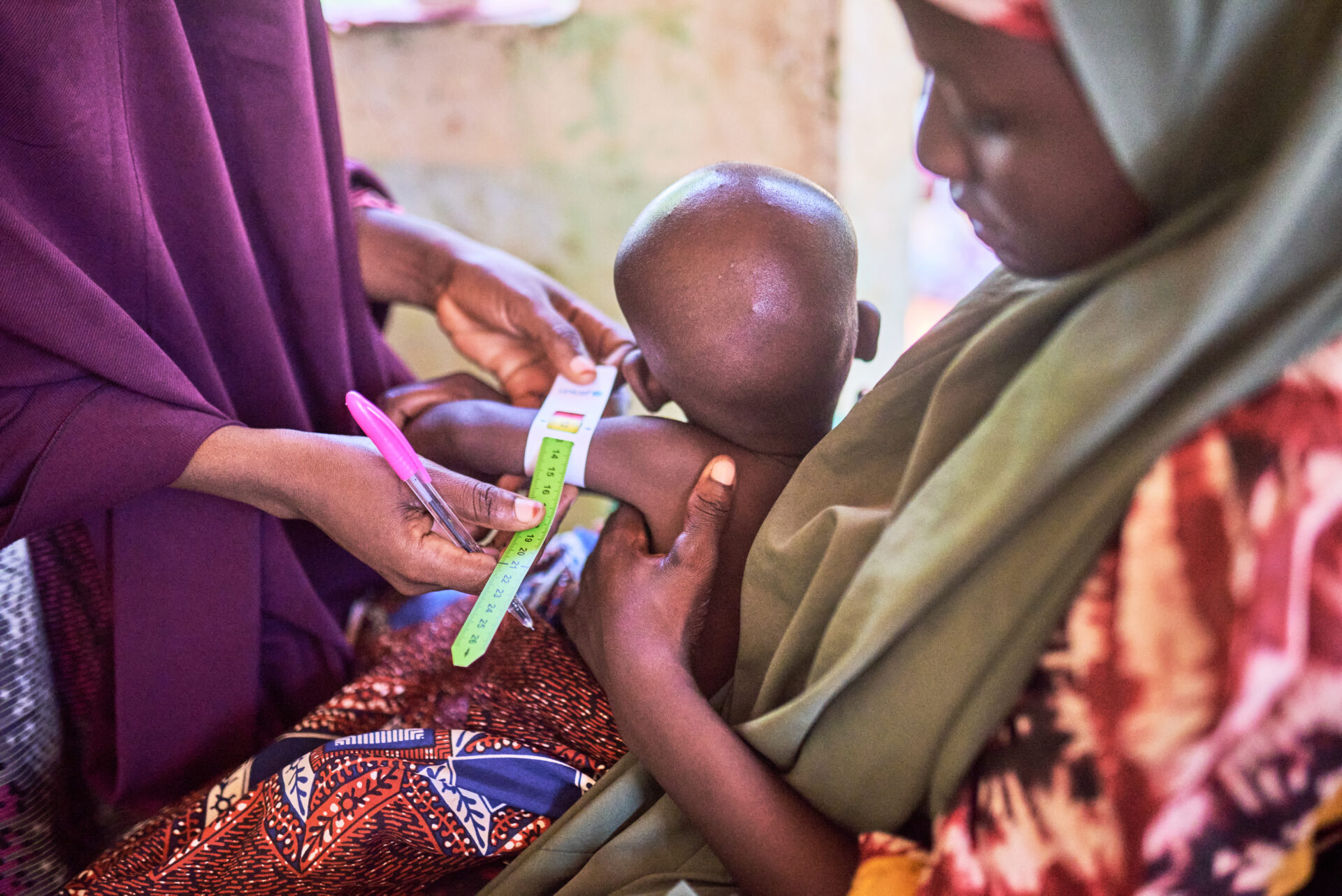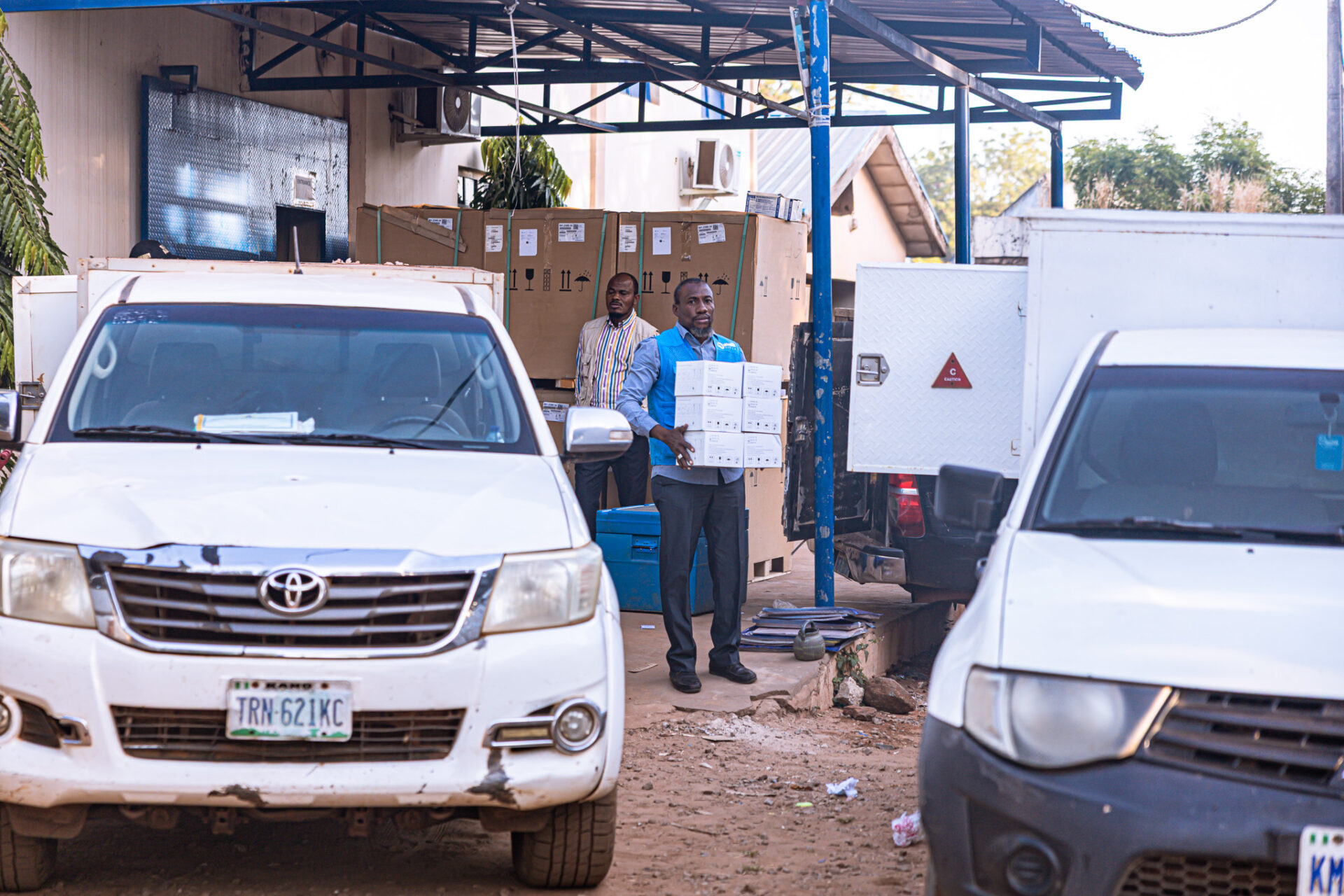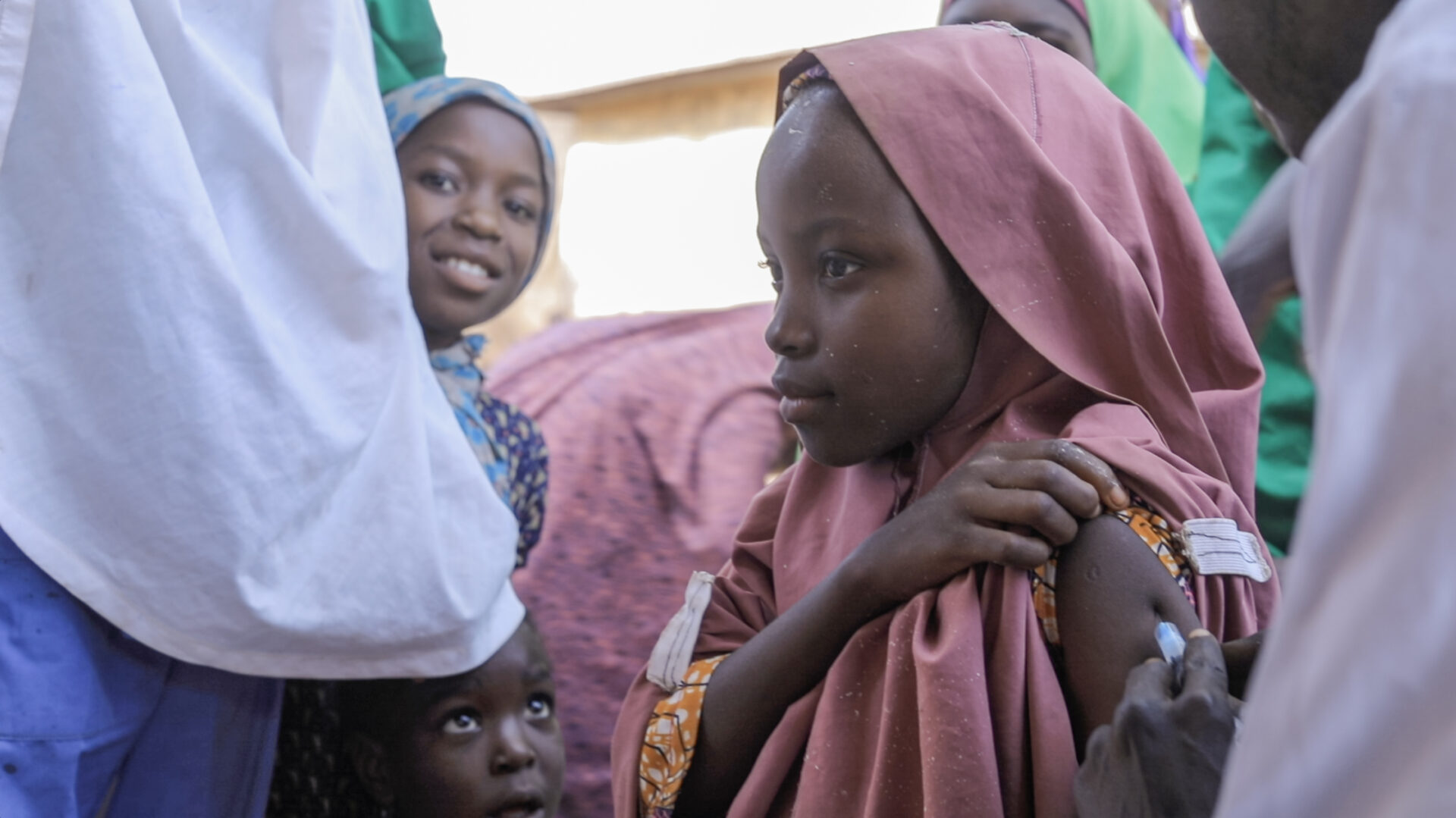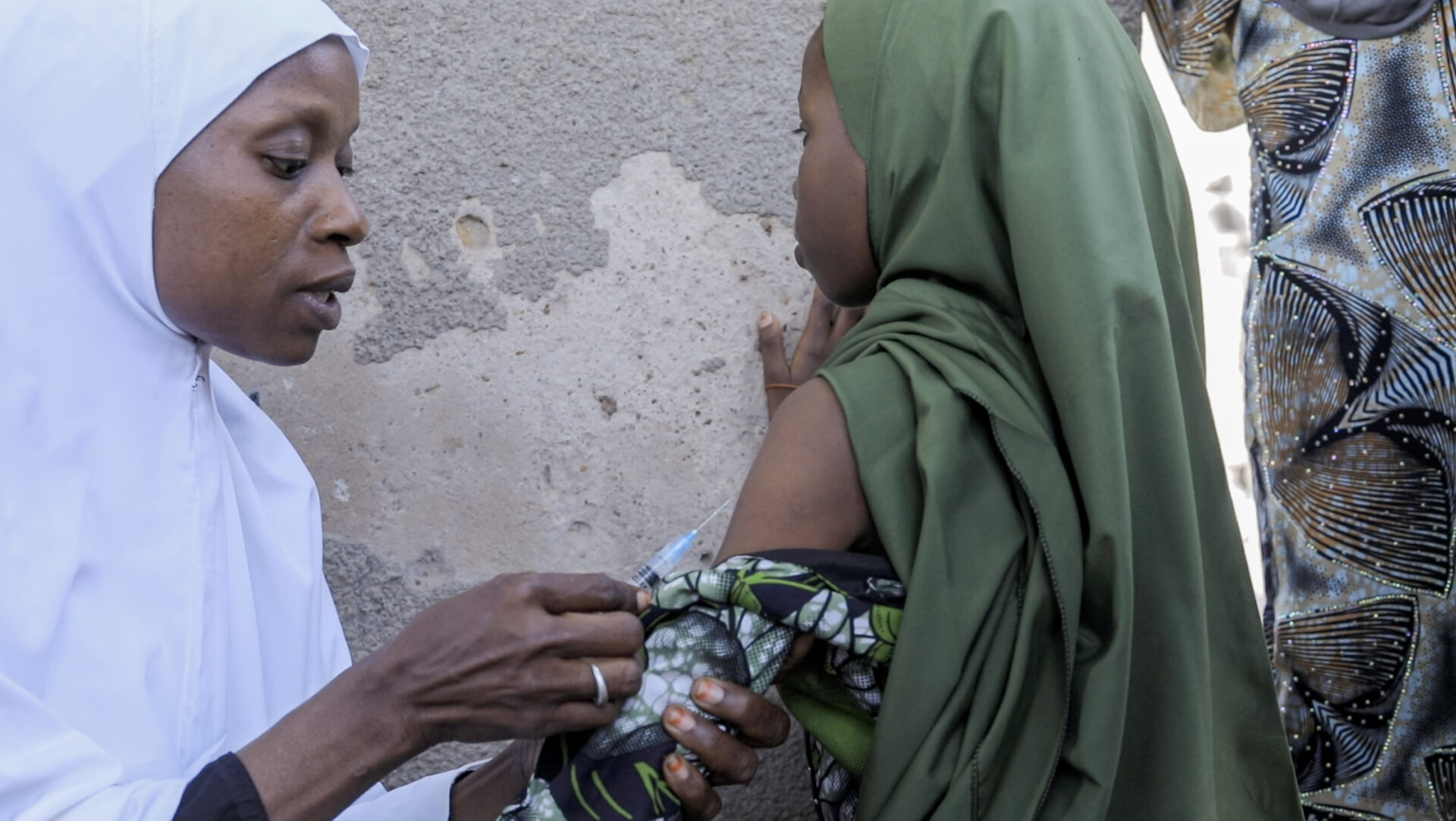November 25, 2025
Inter-Connecting Digital Solutions and Adolescent Behavioral Change at GDHF 2025
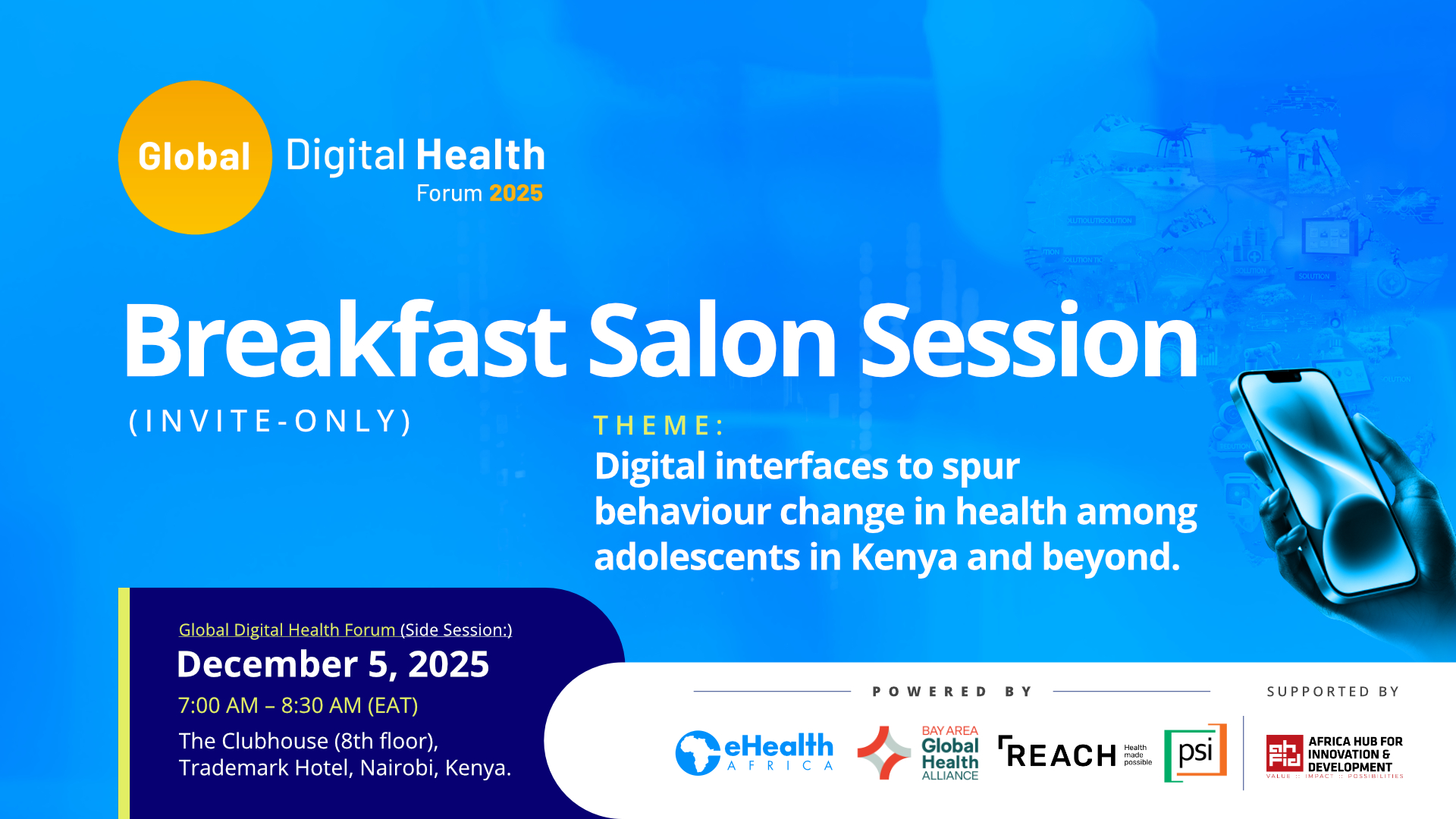
In the coming days, I will be attending the Global Digital Health Forum (GDHF) in Nairobi, Kenya. Exploring the lineup of activities ahead of the global public health event further widened my horizon on the networking and collaborative opportunities up for grabs. With at least 792 abstract proposals received from over 450 organizations worldwide, the GDHF provides opportunities not just to spotlight key public health issues but to build strong collaborations that scale impact.
While looking forward to insightful and potentially impactful sessions across various facets of public health, I am fascinated about the interconnectivity of digital health solutions and how it can spur social behavioral change amongst adolescents in Africa. This is because Africa, as a continent, hosts the youngest population below the age of 18, with over 40% of its population under 15, making it the youngest continent. UNICEF also corroborated this with its Generation 2030 Africa report, revealing that projections show that by 2050, the continent will account for 42 percent of all global births and almost 40 percent of all children under 18.
This informs eHealth Africa’s Breakfast Salon Session at the upcoming GDHF titled, “Digital Interfaces That Influence Health Behaviour Among Adolescents in Kenya and Beyond.” This provides an opportunity to advance conversation and take bold steps on the equitable utilization of digital interfaces for health behavior change and referral to services among underserved communities in Kenya and beyond. This dynamic session will include a youth-led segment where young people share their views, a live demo of the product from our partners, and an informal fireside chat with leaders in the field.
The conversion will no doubt spur action and behavioral change amongst adolescents. Indeed, it is pertinent to reach these demographics effectively in the right digital spaces. eHealth Africa, for instance, developed a digital tool based on the World Health Organization’s Checklists to Assess Vulnerabilities in health care facilities in the context of climate change. The tool, Climate Health Vulnerability Assessment Tool (CHAT), is currently being used to assess and strengthen the climate resilience of healthcare facilities in Nigeria. Beyond converting over a 100-page document to a simple mobile user-friendly application, the CHAT tool is critical to helping PHCs to be resilient to climate change realities.
This integration is currently being implemented by eHealth Africa across 238 PHCs in Nigeria with the potential to further scale. The idea of solarizing primary healthcare facilities not only promotes health equity and Universal Health Coverage. This is also among the urgent actions being taken to combat climate change and its impact, which directly addresses Sustainable Development Goal 13. This is no doubt an interconnectivity that cannot be underestimated.
Similarly, the digitization of micro-planning for vaccination campaigns using digital innovation is also spurring behavioural change amongst public health personnel in Nigeria. Using PlanFeld; a web-based application designed to support field logistics for public health interventions, more children are reached with vaccines and other medical supplies.
I will no doubt be looking forward to eHealth Africa’s abstract presentations especially on how the interface of digital tools like CHAT and PlanFeld are spurring behavioral change and promoting health equity. Also, I am excited about the prospect of engaging with like-minded partners to explore ways of scaling these multifaceted solutions for the benefit of underserved populations.
As the world prepares for the Global Digital Health Forum (GDHF) 2025, the future of global health depends not only on smart technologies but also on resilient systems capable of withstanding a rapidly changing climate. In this vein, the world cannot afford digital systems that fail when storms hit or power grids collapse. Neither can we build resilient health systems without leveraging the transformative power of digital innovation. The intersection of these agendas is where the most transformative impact lies.
As one of the few organizations leading the implementation of interventions that combine digital innovation, renewable energy, and climate-resilient strategies, eHealth Africa is developing human-centered solutions that advance health equity, integrate renewable energy into public health systems, and reduce vulnerability to climate change. Our participation in the upcoming GDHF 2025, therefore, reflects a strong demonstration of our institutional capacity, technical expertise, and commitment to driving transformative impact across multiple areas of public healthcare on the continent.
Atef Fawaz is the Executive Director of eHealth Africa. He is a Complex Operations Management and ICT expert with experience in Humanitarian Response and Digital Health
